Kant’S Moral Metaphysics —— God, Freedom, and Immortality
----- 康德的道德形而上学:上帝、自由与不朽
Morality has traditionally been understood to be tied to certain metaphysical beliefs: notably, in the freedom of human persons (to choose right or wrong courses of action), in a god (or gods) who serve(s) as judge(s) of moral character, and in an afterlife as the locus of a "final judgment" on individual behavior. Some scholars read the history of moral philosophy as a gradual disentangling of our moral commitments from such beliefs. Kant is often given an important place in their narratives, despite the fact that Kant himself asserts that some of such beliefs are necessary (necessary, at least, from the practical point of view). Many contemporary neo-Kantian moral philosophers have embraced these "disentangling" narratives or, at any rate, have minimized the connection of Kant′s practical philosophy with controversial metaphysical commitments - even with Kant′s transcendental idealism.
{{comment.content}}
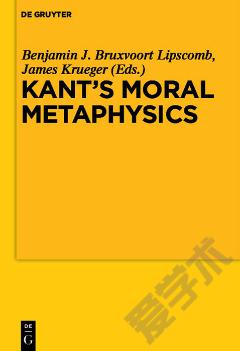
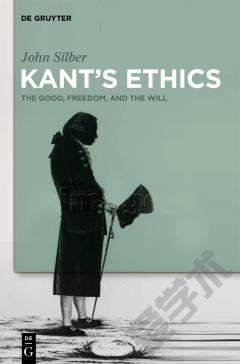
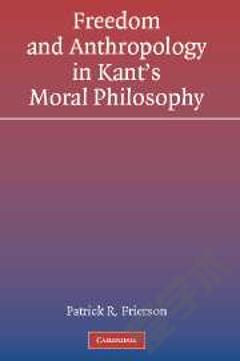


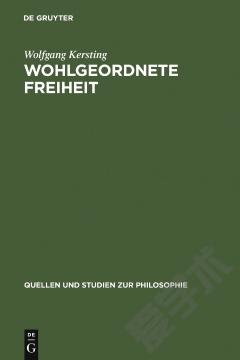
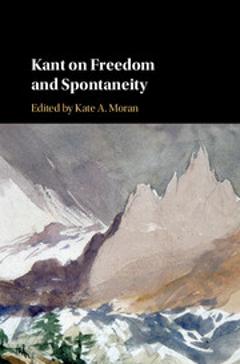

 京公网安备 11010802027623号
京公网安备 11010802027623号